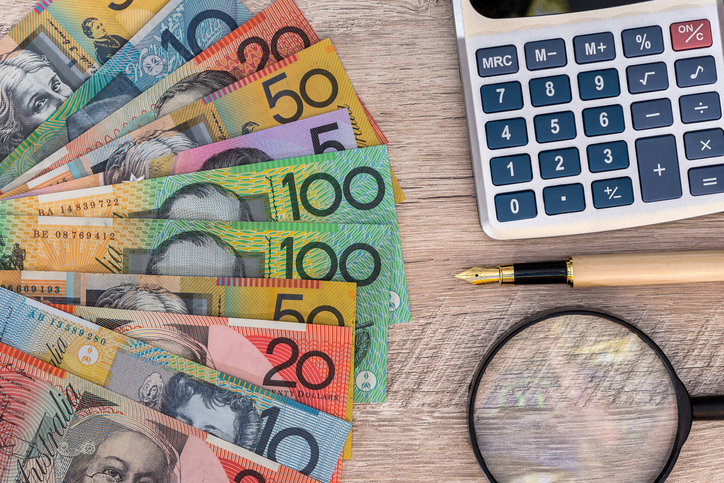
Covid may have forced our hands – but are you well placed to capitalise on it?
Lockdown has left those of us that were lucky enough to maintain employment over the past 6 months in an interesting position. With the restrictions on where we have been able to spend, some of us have found ourselves coming out of lockdown in a stronger financial position.
Our discretionary spending has all but stopped, allowing the bottom line of many households to strengthen. So with this reprieve – what are you going to do? Can this be the basis of building a strong, long term budget.
Take a moment and read over 3 tips to make sure coming out of lockdown doesn’t blow up your finances.
Look at your current income and expenditure
Sitting down as a household and figuring out how much money is coming in and going out may help you gauge the state of your finances. A clear picture of your household income and expenses could set you up to manage your cashflow better going forward.
We are essentially starting from ground zero when it comes to spending. We have pared back to the necessities. It is a great time to assess which of life’s luxuries do you want to add back.
Remember – the greatest way to accumulate wealth is to spend less than you make!
Just make sure you document it! I promise you there will be changes and revisions. The Moneysmart website has a good templated budgeting tool, there is an Excel version too so you can save it.
To make it easier – use your credit card and bank statements from the previous months to track your spending. You may want to review some pre-lockdown months too. A word of warning though, if you have never done a budgeting exercise, it may be confronting.
Build up emergency and retirement funds
Just when you think you have all your finances in place, your debts low and looking strong on the financial front, the world can throw in a speedbump. In January 2020, who would have thought the past 22 months would have played out as they have.
Unplanned expenses or drops in income can put a dent in household finances. By growing your emergency fund to cover three to six months’ worth of expenses, you may be better positioned to handle unexpected events. Think of it as ‘self insurance’ – adding some padding so that those small speed bumps don’t derail the whole train.
While it’s easy to neglect your own financial future when providing for your family, saving for retirement should not take second place. Keep in mind that the earlier you start saving, the better chance you have to grow a sufficient nest egg.
Set financial goals
Having a budget is all well and good – but without a goal in mind, we can often lose focus. Whether it’s buying a bigger house, upgrading your car or going on a dream holiday, having a financial goal may help your household set priorities and stay on. If you have ever tried to lose weight, breaking up the end goal into smaller attainable makes the total journey seem less daunting.
Use some goal setting framework to establish some household financial goals. S.M.A.R.T (Simple, Measurable, Attainable, Relevant and Time Bound) is a very simple framework that can be used in any facet of your life.
Now is the Time
As we emerge from 3 months of lockdown, financially we can think of it as a clean slate. Coming from a low level of spending gives us better perspective as to what we are spending our money on. So now is the time to lock down that budget to bring you to a better financial future.
If you would like to discuss your financial future with a professional, schedule a no Obligation Discovery Meeting with us.
Disclaimer
Authorised Representative of RI Advice Group Pty Ltd ABN 23 001 774 125 AFSL 238429. The information provided in this document, including any tax information, is general information only. It does not constitute personal advice. It has been prepared without taking into account any of your individual objectives, financial situation or needs. Before acting on this information you should consider its appropriateness, having regard to your own objectives, financial situation and needs. You should read the relevant Product Disclosure Statements and seek personal advice from a qualified financial adviser.
